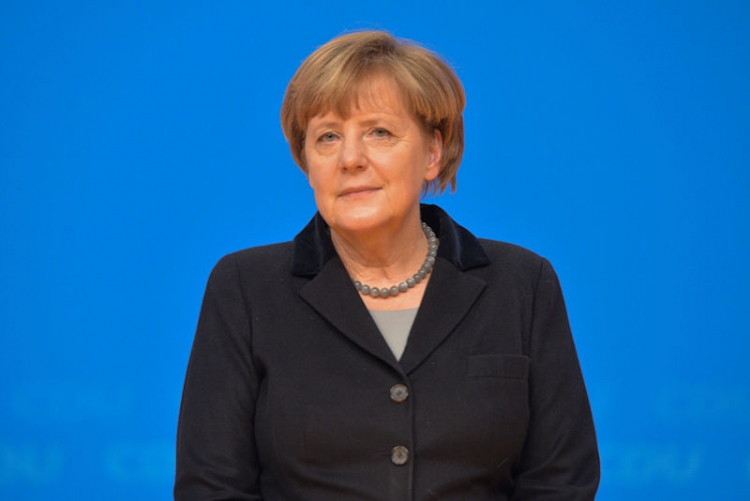A Brief Summary of the German Federal Election

Just a few months ago, the Peacock Magazine published an article on the big, upcoming elections in Europe, notably Germany. The Federal Republic of Germany just held its federal elections on Sunday, September 24, 2017, which secured Angela Merkel's fourth term as Chancellor.
Merkel represents the center-right Christian Democratic/Social Union (CDU/CSU) and has been in office for over 12 years. Although Merkel's triumph was expected, it was still met with much opposition. The CDU/CSU will be the largest party in parliament, the Bundestag, with an estimated 218 seats, however, only won 33% of the vote as opposed to 41% back in 2013. Her victory has also disappointed many of Martin Schulz's supporters. Schulz led the Social Democratic Party (SDP) into the Bundestag with an estimated 138 seats, with just over 20% of the vote.
Ambra Jael, an AUP alumnus and German citizen, expressed her joy following the announcement of Merkel's victory, "I was extremely happy, it's what I was hoping for. I'm from Bavaria which is the only state that votes for the CSU party, represented in this case by Horst Seehofer and not the CDU (Merkel). So she would have had my vote if I could've."
What made this election so peculiar, however, is that the far-right party, Alternative für Deutschland (AfD), received an overwhelming 13.5% of the vote, in comparison to their mere 4.7% in 2013 (whereby they needed 5% to attain seats in the legislative), and they now have 87 seats in the Bundestag. In the last 60 years, no nationalist party has sat in the Bundestag, making this a historic breakthrough for the far-right. The openly racist party is well known for its anti-immigration and Eurosceptic policies, which has been a cause for grave concern.
Naturally, there have been some comparisons between the US president's victory and AfD passing the legislative threshold. Jael admits, "I'm surprised and absolutely horrified; it reminds me a bit of some people underestimating Trump in the American elections. My family and circle of friends stand very much against the AfD and we would've never expected such a big percentage for them." Rebecca Jetter, a German-Brazilian citizen and current AUP student, is equally frightened by how far the AfD has come. "It just seems to be a trend around the world at the moment," she observed, in reference to the rise of nationalism during Brexit, the U.S. election, and very nearly during the French election.







